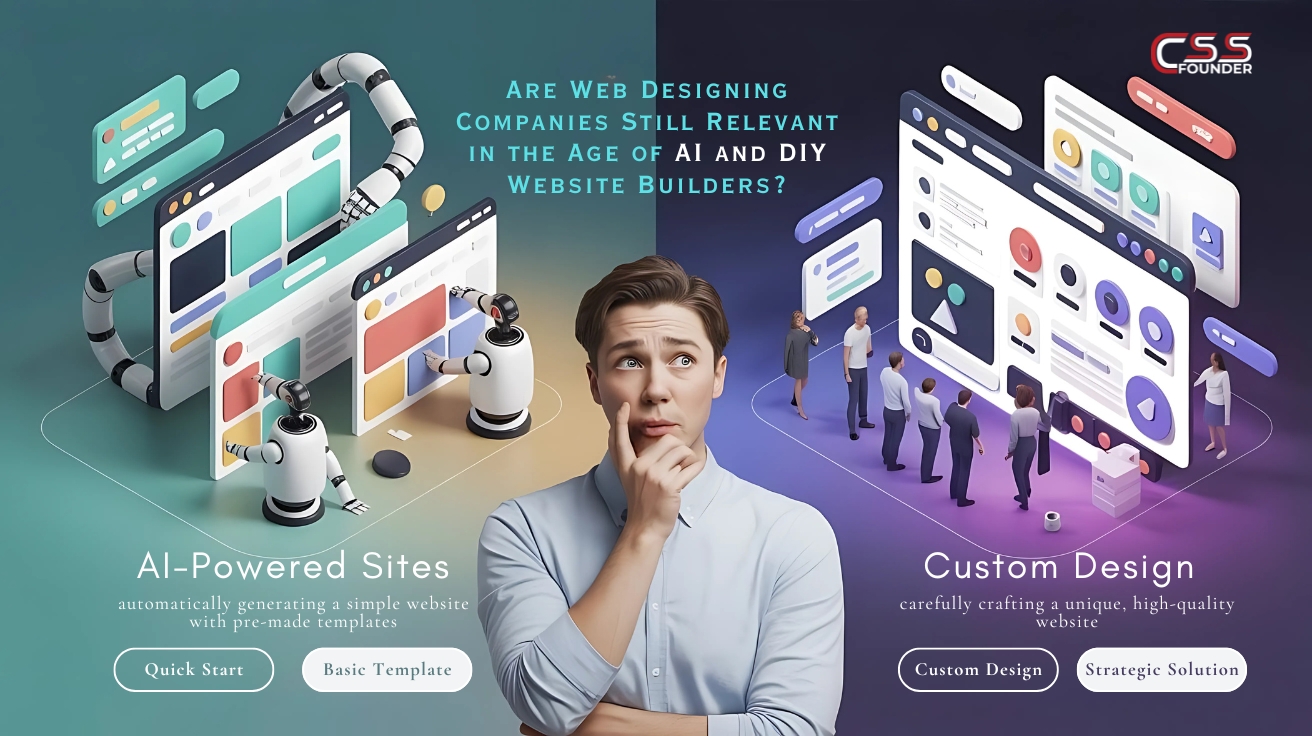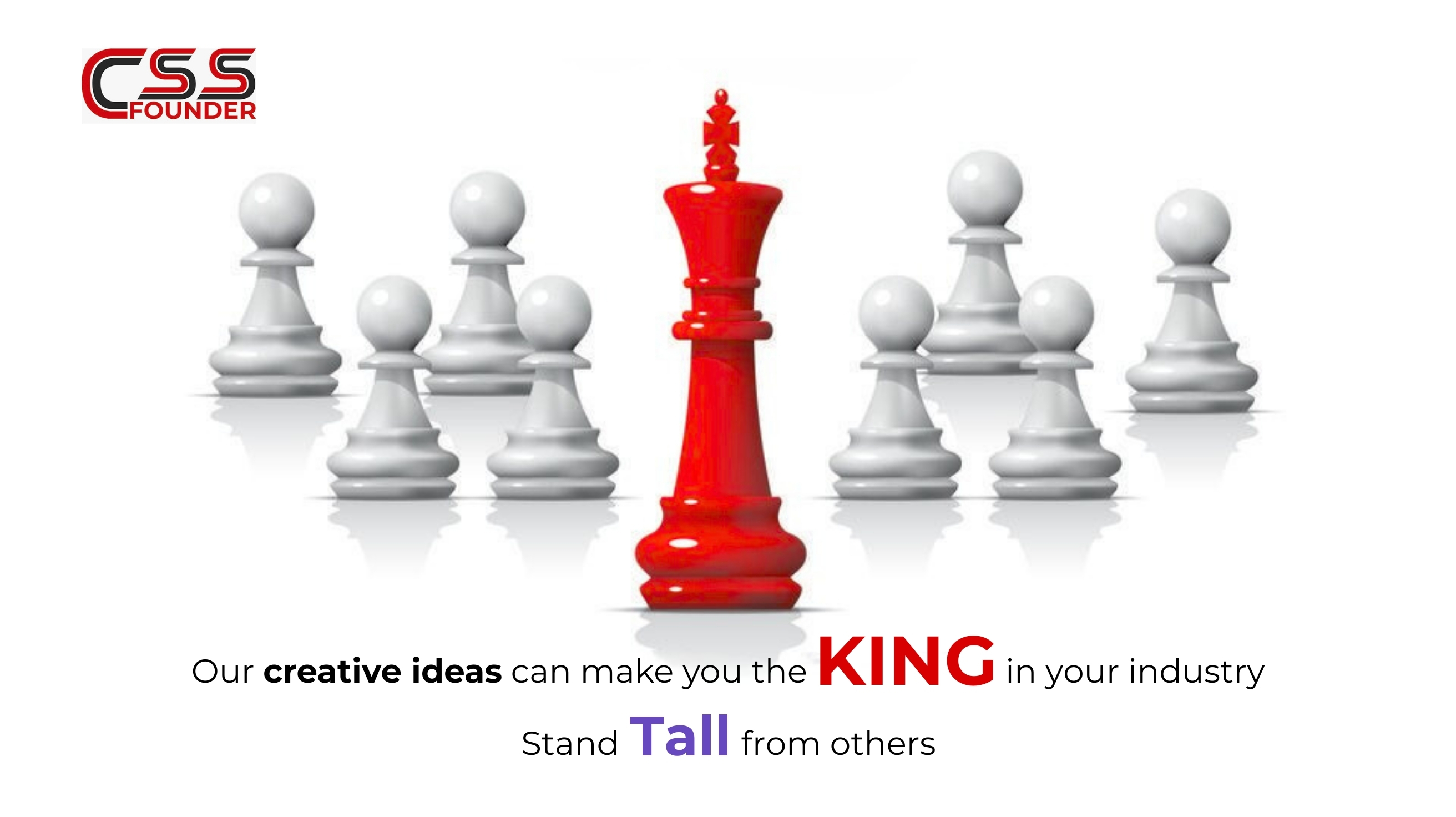In today’s digital age, social media has become an indispensable part of marketing strategies for businesses of all sizes. Among the various social media platforms, Facebook stands out as a powerful tool for businesses to reach and engage with their target audience effectively. With a staggering 3.4 billion monthly active users as of 2024, Facebook offers businesses a vast and highly targeted audience for their marketing efforts. In this particular post, we shall discuss about how Facebook Marketing is Transforming Businesses Worldwide.
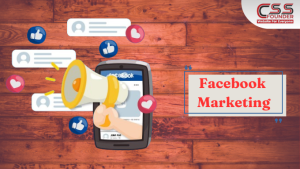
- Audience Targeting and Engagement
One of the primary advantages of Facebook marketing is its ability to target specific audiences based on a wide range of demographic and behavioral factors. Businesses can leverage Facebook’s extensive user data, including age, location, interests, behaviors, and connections, to create highly targeted ad campaigns. This granular targeting ensures that their messages reach the right people at the right time, maximizing the impact and relevance of their marketing efforts. This targeted approach not only enhances the effectiveness of marketing campaigns but also helps businesses optimize their advertising budgets by minimizing wasteful spending on irrelevant audiences.
Moreover, Facebook’s interactive nature allows businesses to engage directly with their audience in real-time. Through posts, comments, reactions, and live videos, businesses can foster a two-way communication channel, enabling them to gather valuable feedback, address customer concerns, and build stronger relationships with their customer base. This level of engagement helps businesses understand their audience better, identify pain points, and tailor their products or services accordingly.
- Brand Awareness and Visibility
Facebook serves as an excellent platform for businesses to increase their brand awareness and visibility on a global scale. By consistently sharing high-quality, engaging content such as blog posts, infographics, videos, and behind-the-scenes glimpses, businesses can establish their brand identity, showcase their products or services, and position themselves as industry experts. This content can be shared organically or amplified through targeted advertising campaigns, reaching both existing and potential customers.
Additionally, Facebook’s sharing functionality allows businesses to leverage the power of word-of-mouth marketing, as satisfied customers can easily share and recommend their favourite brands to their friends and family. This organic sharing can significantly extend a brand’s reach and foster trust, as recommendations from friends and family carry more weight than traditional advertising.
- Lead Generation and Conversion
Facebook’s advertising capabilities extend beyond just brand awareness and reach. Businesses can utilize Facebook’s lead generation tools to capture potential customer information directly from their ad campaigns. By incorporating lead forms into their ads, businesses can streamline the process of collecting valuable data such as email addresses, phone numbers, and customer preferences, eliminating the need for manual data entry. This automated approach not only saves time but also ensures that businesses can quickly follow up with interested prospects while the brand is fresh in their minds.
Furthermore, Facebook’s integration with e-commerce platforms and online stores facilitates seamless conversion tracking, allowing businesses to measure the effectiveness of their campaigns and optimize their strategies accordingly. By analyzing data such as clicks, purchases, and revenue generated, businesses can identify their top-performing ad campaigns and double down on successful strategies.
- Customer Insights and Analytics
Facebook’s robust analytics tools provide businesses with invaluable insights into their target audience and the performance of their marketing campaigns. By analyzing data such as demographic information, engagement metrics (likes, comments, shares), conversion rates, and audience behaviour, businesses can gain a deeper understanding of their customers’ preferences, behaviours, and pain points.
For example, a fashion retailer can analyze the demographics of their most engaged audience segments to identify their ideal customer profile. They can then use this information to create more targeted ad campaigns, curate product offerings, and develop content that resonates with their core customers.
- Cost-Effective Marketing
Compared to traditional marketing channels, Facebook marketing offers businesses a cost-effective way to promote their products or services. With its pay-per-click (PPC) advertising model, businesses only pay when someone engages with their ad, such as clicking on a link or watching a video. This ensures that their marketing budget is spent efficiently, targeting only those who have shown an interest in their offerings.
Additionally, Facebook’s organic reach capabilities allow businesses to amplify their content and reach a wider audience without significant financial investment, particularly in the early stages of their marketing efforts. By consistently posting engaging content and leveraging tactics like hashtags and influencer collaborations, businesses can gradually build an organic following and establish a strong social media presence.
While Facebook marketing presents numerous opportunities for businesses, it is important to approach it strategically. Developing a well-crafted Facebook marketing strategy that aligns with overall business goals and target audience preferences is crucial for success. This may involve creating a content calendar, optimizing ad campaigns through A/B testing, and consistently monitoring and analyzing performance metrics to identify areas for improvement.
Furthermore, businesses should prioritize authenticity and transparency in their Facebook presence, as consumers increasingly value genuine brand interactions and trustworthiness. By fostering a strong online community, responding promptly to customer inquiries, and providing valuable content that educates or entertains, businesses can build lasting relationships with their audience and establish themselves as credible and reliable brands.
For example, a fitness apparel company could create a Facebook group dedicated to healthy living, where members can share tips, ask questions, and connect with like-minded individuals. By actively participating in the group, offering expert advice, and fostering a supportive community, the brand can establish itself as a trusted authority in the health and wellness space.
In conclusion, the role of Facebook marketing in business cannot be overstated. With its vast reach, targeted advertising capabilities, engagement opportunities, and powerful analytics tools, Facebook offers businesses a comprehensive platform to connect with their audience, drive brand awareness, generate leads, and ultimately boost their bottom line. As social media continues to evolve, businesses that effectively leverage Facebook’s marketing potential and maintain a genuine, customer-centric approach will undoubtedly gain a competitive edge in today’s digital landscape.
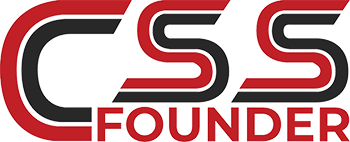
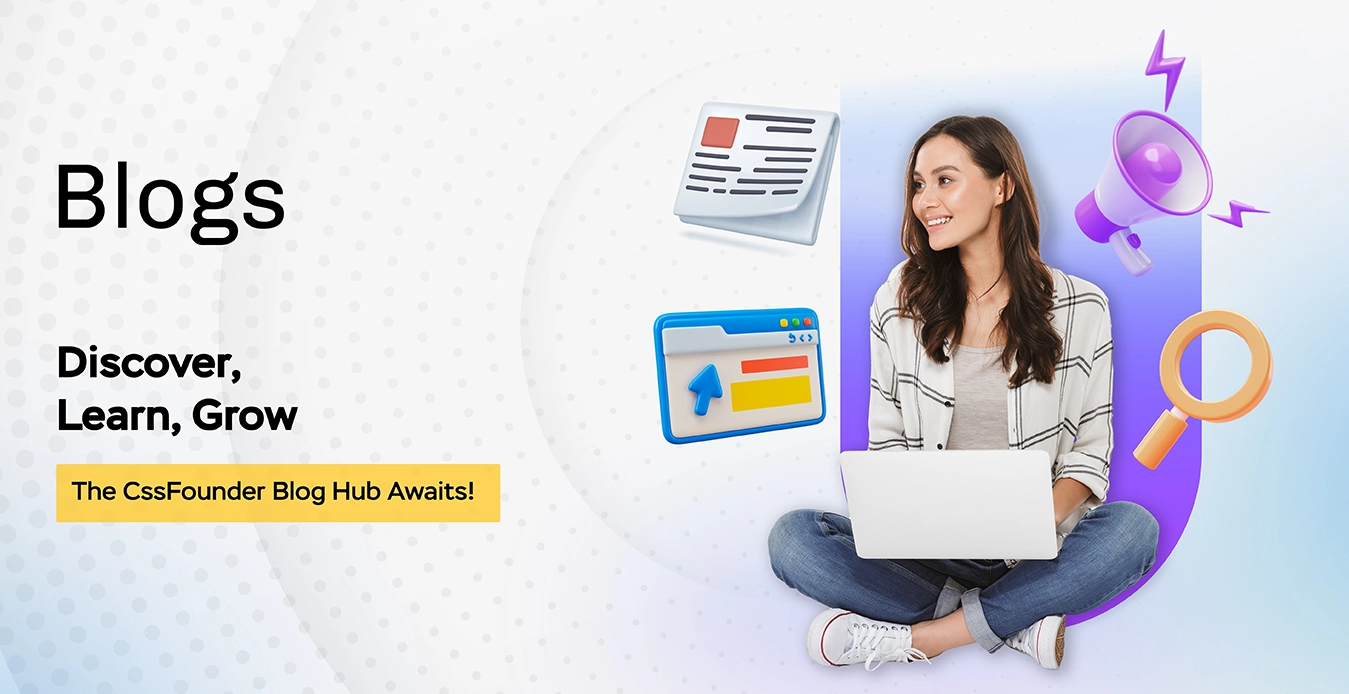
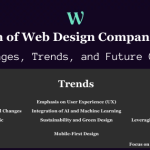


.png)
